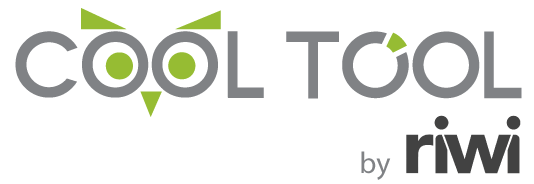Roughly a year ago, RIWI partnered with the Global Health Crisis Coordination Center (GHC3), now a division of the Center for Global Health Innovation (CGHI), to assist with the CDC-funded COVID Vaccines Information Equity and Demand creation (COVIED) program. RIWI technology was harnessed as a key data input, which accelerated the COVIED goals to create evidence-based messaging aimed at increasing vaccination across the United States, especially among minority and hard-to-reach populations.
A year later, the COVIED website is live and showcases targeted, data-driven messaging aimed at addressing vaccination hesitancies. Moreover, the messages developed using RIWI data insights have been incorporated into the Let’sTalk COVID Vaccines website. Drawing on health communication best practices, the LetsTalk COVID Vaccines website provides a unique and personalized educational experience by tailoring content to the visitor’s unique vaccination concerns, goals, and demographics.
Most recently, the team has published further insights featuring RIWI data in PLOS ONE, a peer-reviewed open access scientific journal. In the manuscript, titled “Masks, money, and mandates: A national survey on efforts to increase COVID-19 vaccination intentions in the United States,” the team discusses the need to fully understand the (potentially differential) reactions to vaccination efforts before such efforts are employed. Indeed, the team uncovered mixed reactions to vaccination efforts, and found reactions to differ by general vaccination intention, as well as other demographic indicators such as race and education. By harnessing RIWI technology, the team was able to reach a large, broad-based national sample of Web users, and in turn uncover information that will assist the development of targeted intervention efforts, with a focus on minimizing potentially differential negative impacts.
To read the full paper, visit: https://journals.plos.org/plosone/article?id=10.1371/journal.pone.0267154
